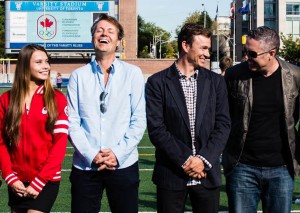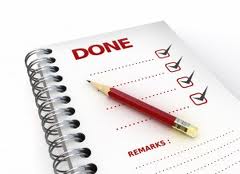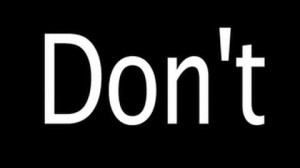
Jim Cuddy, Simon Whitfield and Ed Robertson share a laugh with an emerging Cdn athlete at Future Olympians Fund press conference
Yesterday, with Jim Cuddy, Ed Robertson and Simon Whitfield, I was part of an announcement that will hopefully effect the health of the Canadian high performance sport system. But I’m hoping that it will effect more than that – way more.
The Canadian Olympic Foundation, in partnership with Gold Medal Plates has announced the creation of the Future Olympians Fund. The target is to raise $4million in 4 years and for that money to help young emerging athletes bridge the gap that exists just below the financially supported National Team level. This gap has been getting bigger and bigger as municipalities and provinces give less and less funding to sport and activity programs. In the increased absence of funding at this level – there are fewer and fewer canadians being taught sport at much more than rudimentary and recreational levels without a significant investment by their families. To often that becomes exclusionary.
I’ve explained the existing problem – somewhat colloquially – like this… If Own the Podium is able to support teams/athletes who are Top 10 (in the World) to become Top 3 and to win… How are athletes expected to get to that Top 10 Level? The flow of developing high performance athletes filling the pipeline from playground to podium is critically low, and with a weak base the likelihood of sustained success at the top becomes less and less foreseeable . This Future Olympians Fund is intended to support the Canadian Sport Institutes and change that.
“Why Sport? Shouldn’t I be giving to healthcare, education or community programs?”
But there is a bigger picture… I often get asked -“Why sport?” as in “Why should I financially support a bunch of athletes who are traveling the world and chasing their dreams? Shouldn’t I be giving to healthcare, education or community programs?” At first I didn’t know how to respond, those are really important and essential things. As I matured and listened to people telling me what my influence, and the influence of my peers, has had on them – I came to a response that I am proud of.
People have told me (or my team mates) ;
- ~Cheering for you was the first time we got to cheer for our new country. We just became canadian citizens that year.
- ~I didn’t want to go to school/stay in school, but I kept going because I wanted stay with my team so I could be famous like you. (When you speak at a school, particularly if you’re in a TV ad – you are automatically famous!)
- ~Being a competitive athlete has kept me from getting into (all kinds of) trouble. It saved me.
- ~My mother had given up fighting (for her health) but when she saw you fight like that – she wanted to try harder too.
- ~How do you learn to (row, bike, speed skate, do gymnastics, etc etc ) I want to learn!
- ~Normally my kids just want to play video games all day. During the olympics – they’d watch the sports and then run outside pretending that they were doing those sports.
- ~I stood on my sofa and yelled so loud at the TV! When you won – everyone in our house all sang O’Canada at the top of our lungs.
- ~Thank you – I felt so proud to be Canadian
That is the influence that Canadian athletes have on Canadians. – That’s the REAL value of high performance sport.
So… my answer to “Why Sport?”
- ~Because sport makes us proud – What else has a nation rocking red and white with a glorious maple leaf at our heart?
- ~Because sport, high performance Olympic sport, inspires Canadians; it teaches us that we can be as great as any other nation. It makes us proud. It encourages us to get up and try.
- ~Because the people who do sport, high performance sport are the ones who will give back by volunteering, mentoring, teaching, coaching and officiating each next generation of Canadians
- ~Supporting sport is supporting healthcare, education and community programs.
Supporting sport is supporting healthcare, education and community programs.
Speaking for my Olympic peers and all the athletes that I work with – who are preparing for ALL of the upcoming Olympic Games – thank you for your time, your efforts and … your money. Together we are building a better, healthier, prouder Canada.
Canadian Olympic Committee’s press release
Ed Roberston and Marnie McBean talk about the Future Olympians Fund on CBC Morning with Heather Hiscox
 December always brings with it an onslaught of “Looking Back”, “Year in Review” or “Best of 20??” lists.
December always brings with it an onslaught of “Looking Back”, “Year in Review” or “Best of 20??” lists.
 13 Things Mentally Strong People Don’t Do –
13 Things Mentally Strong People Don’t Do – 